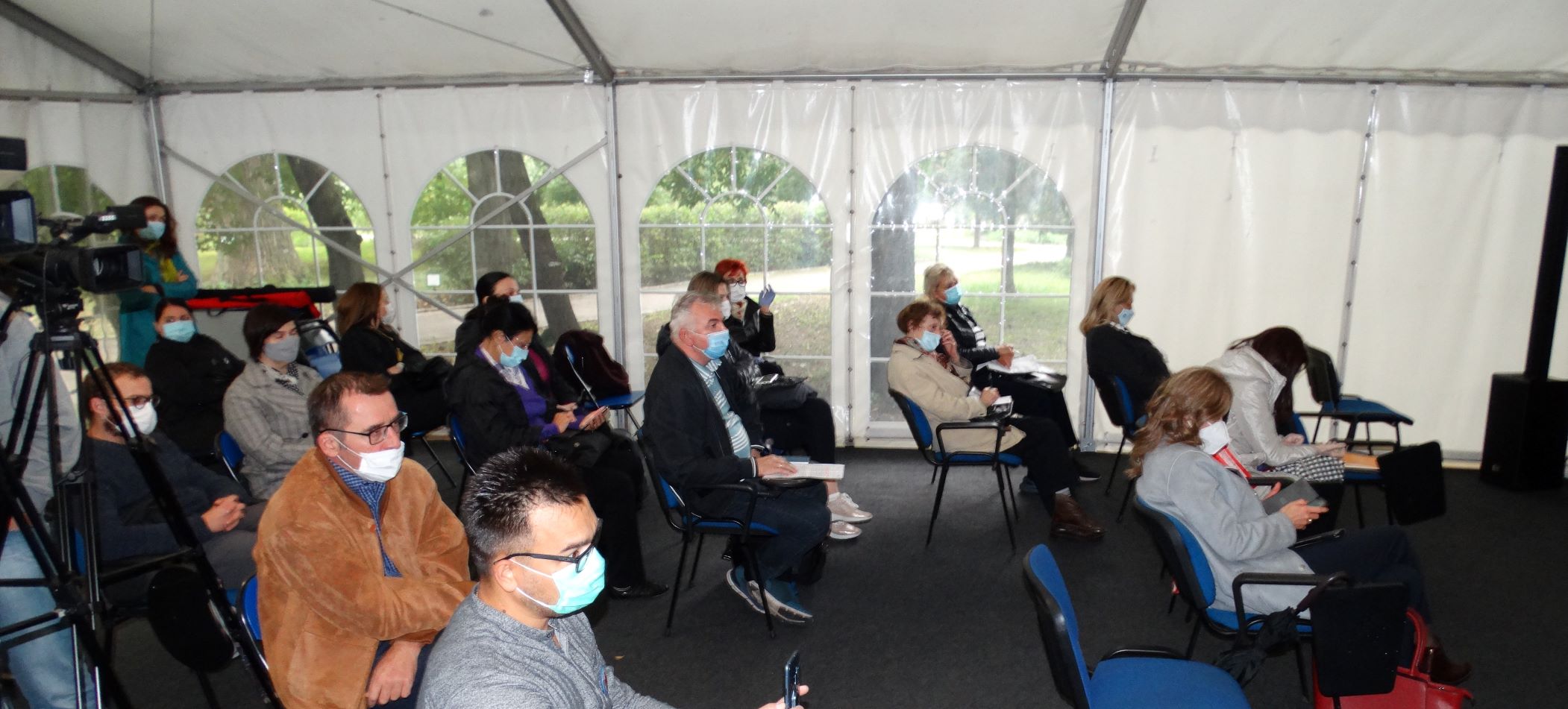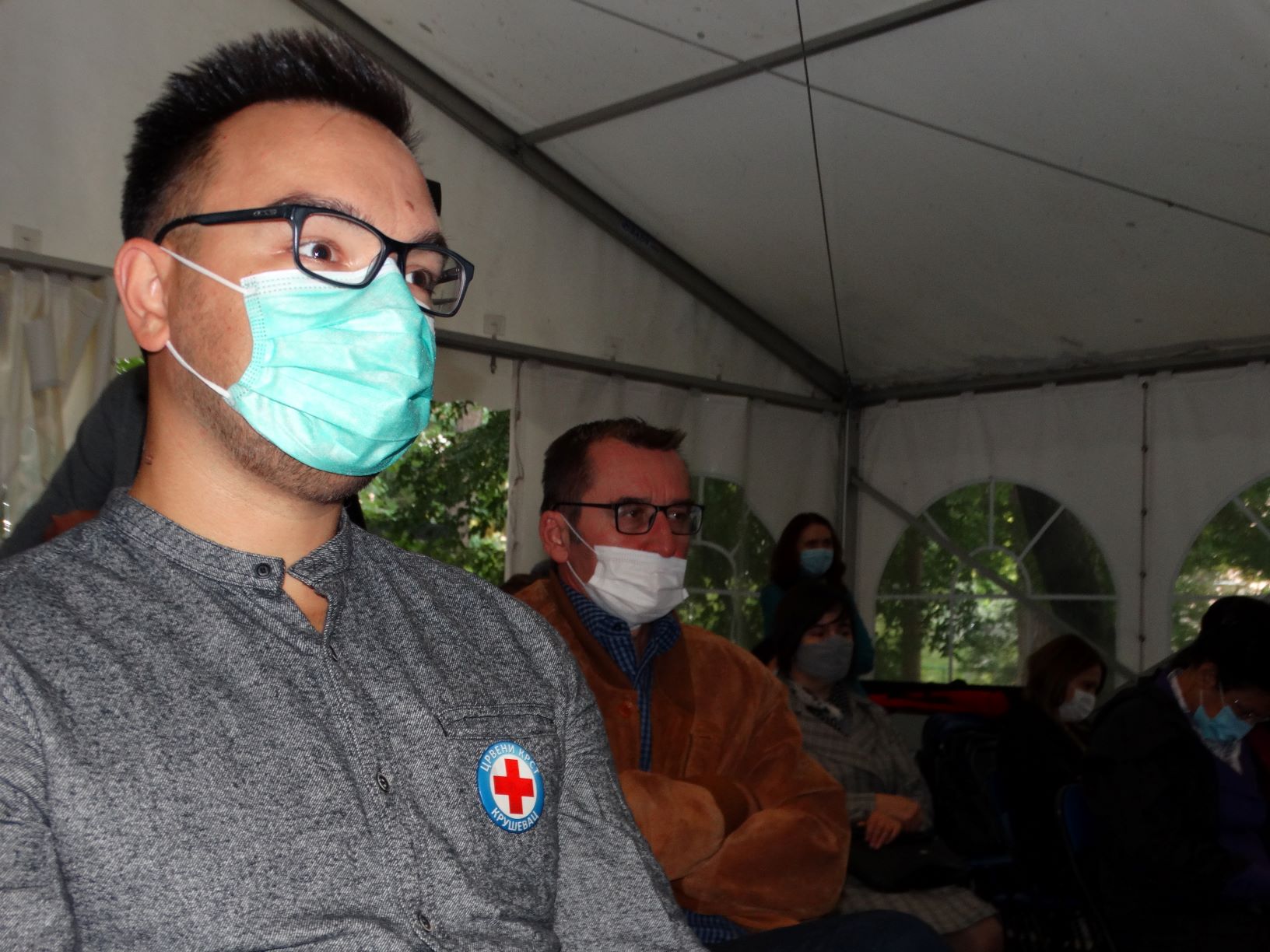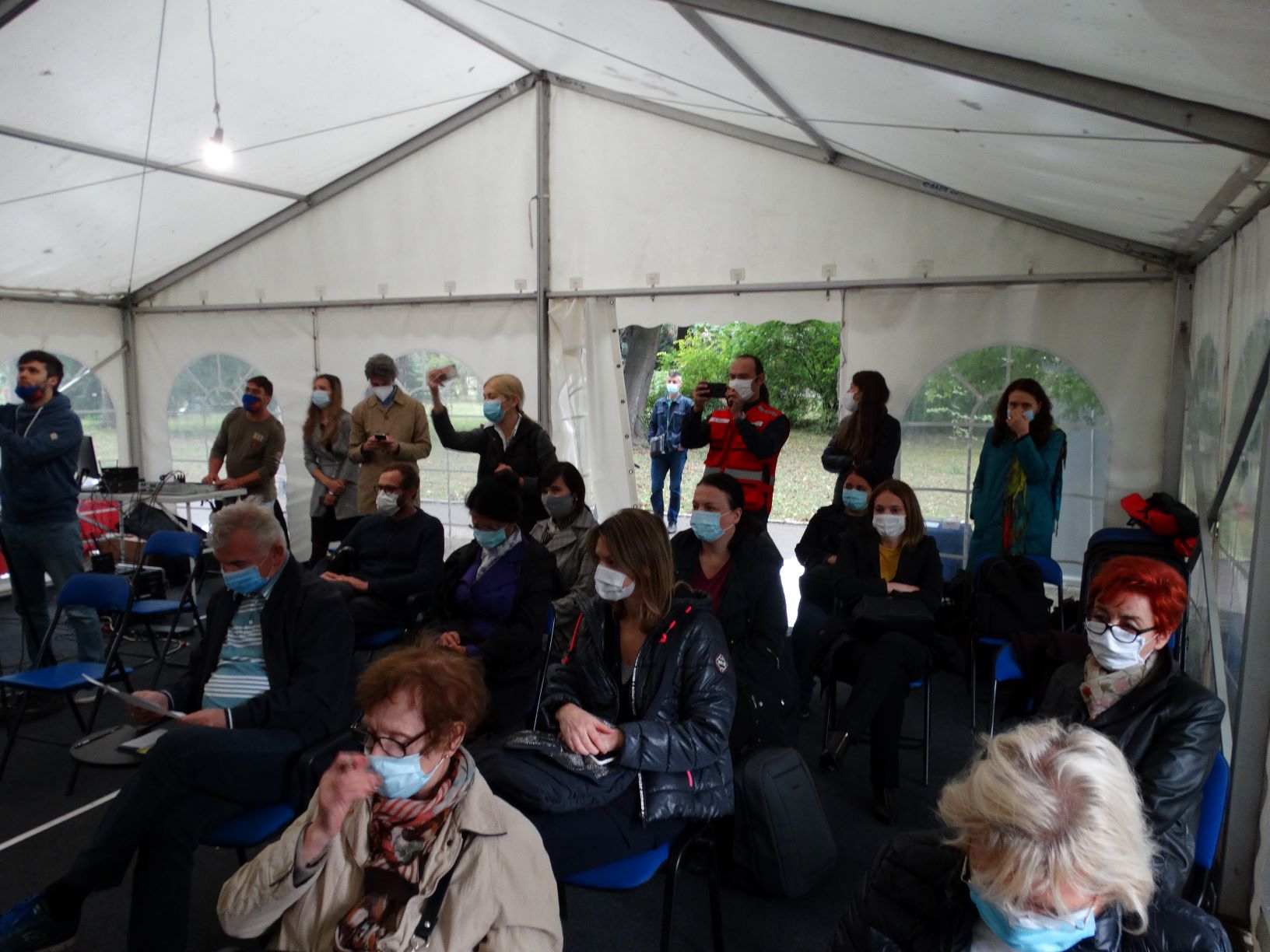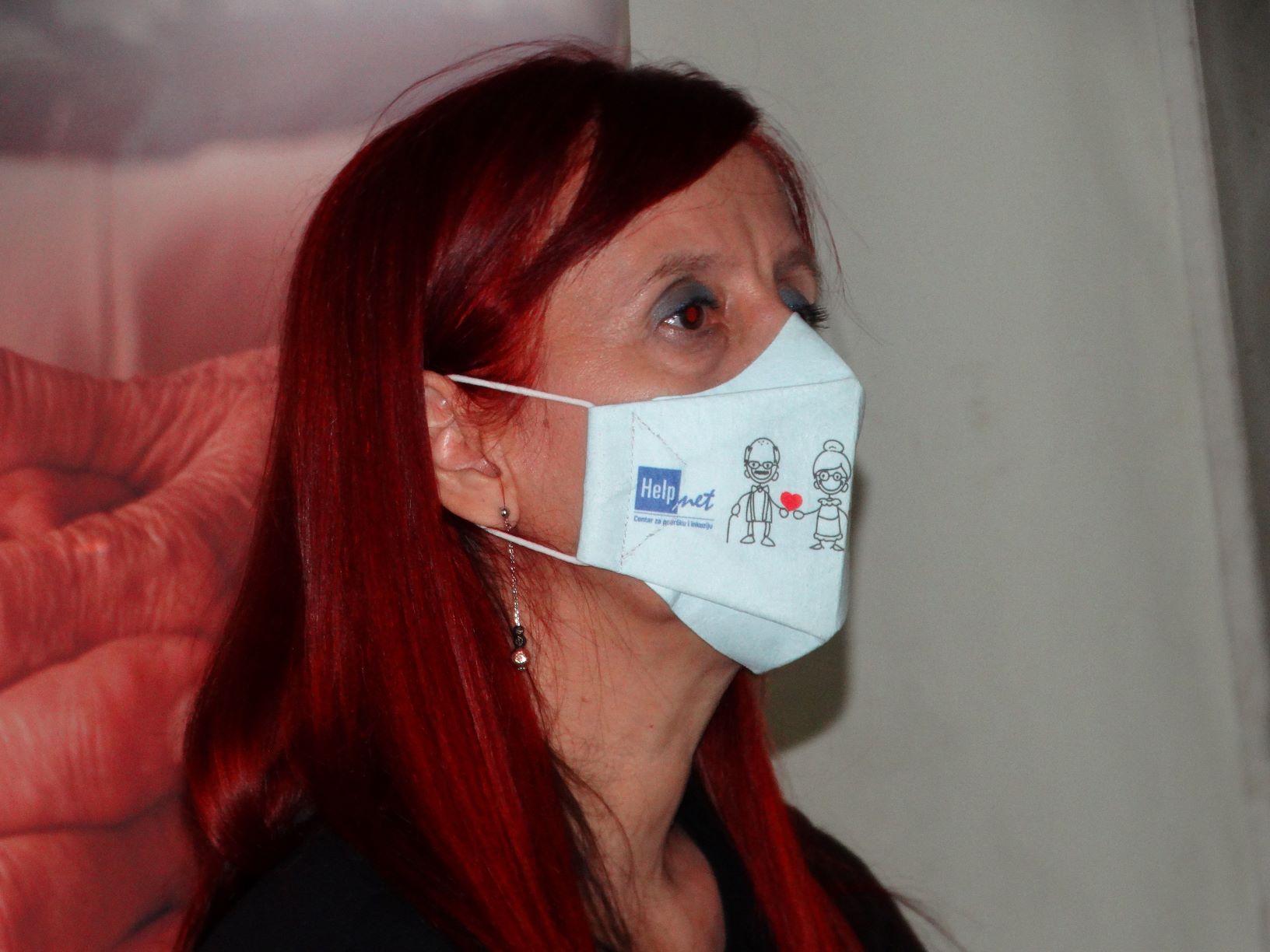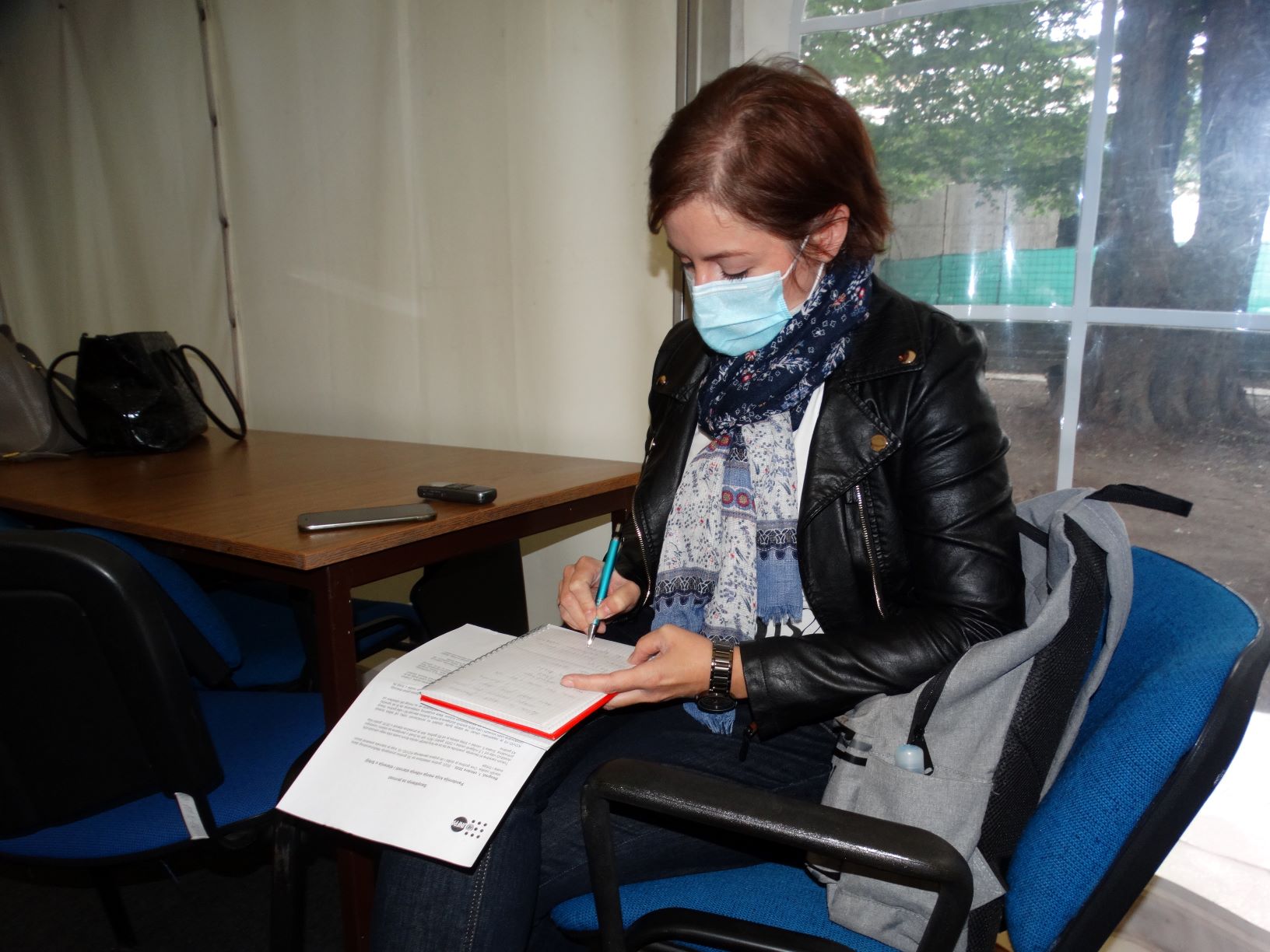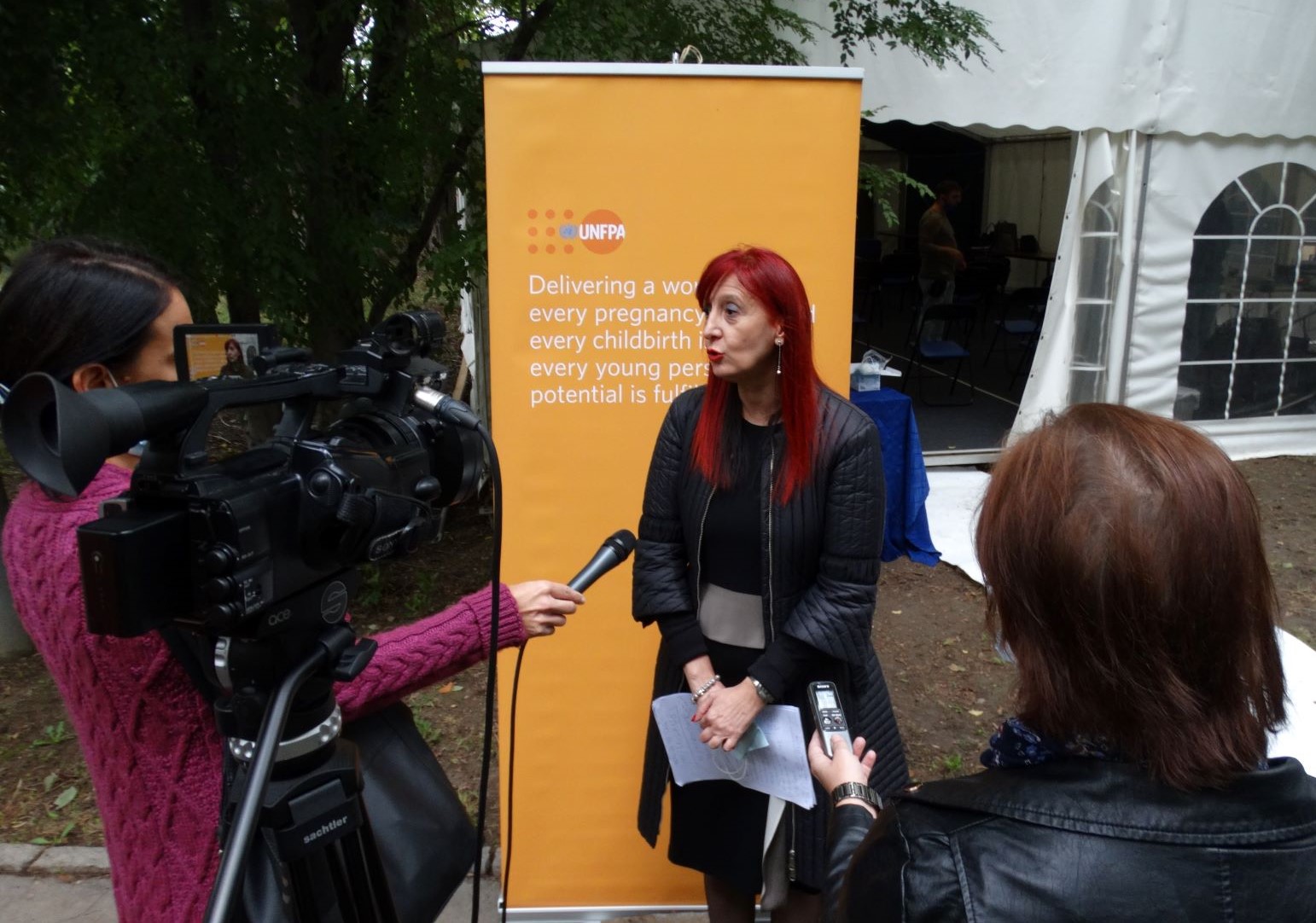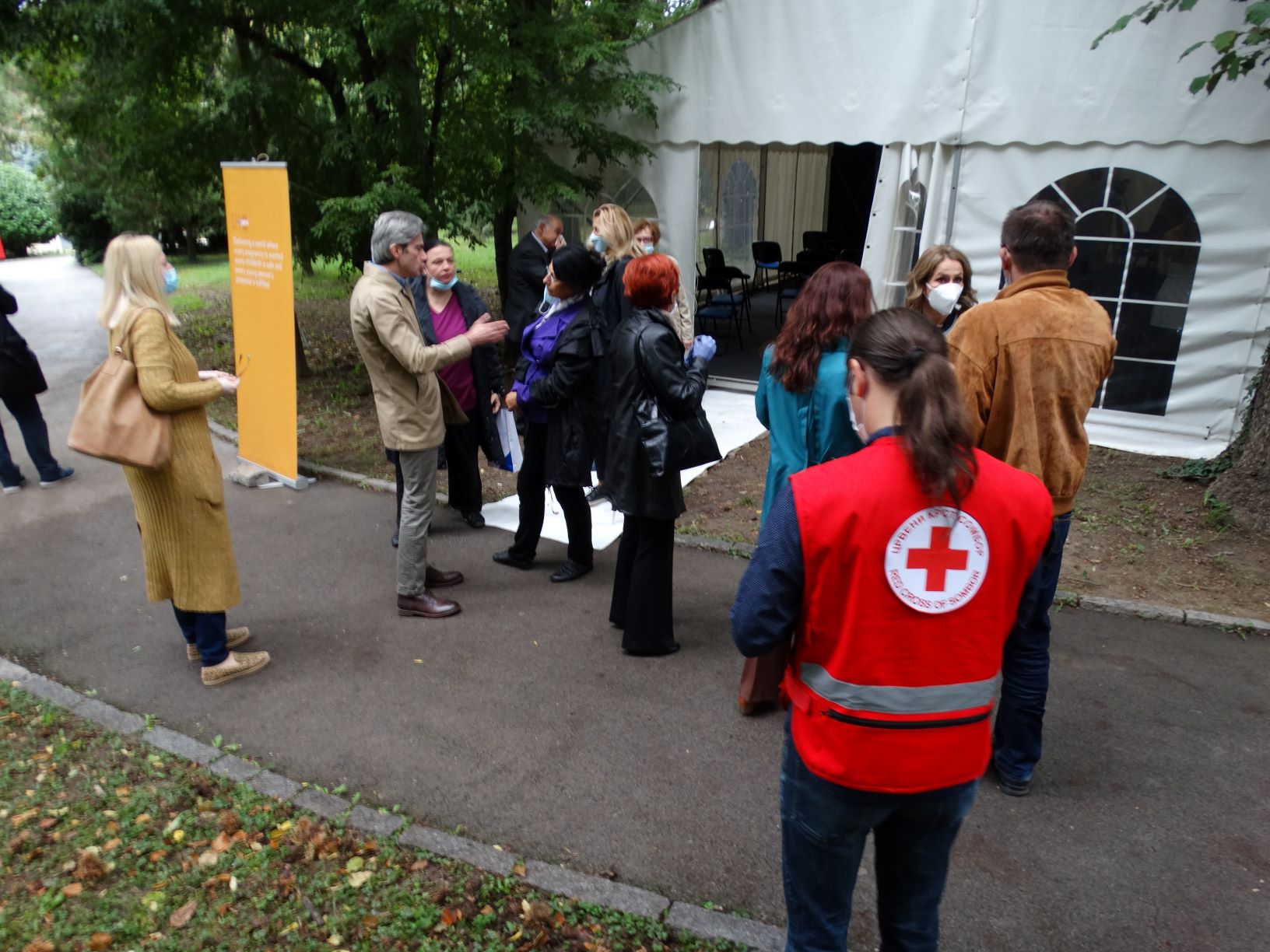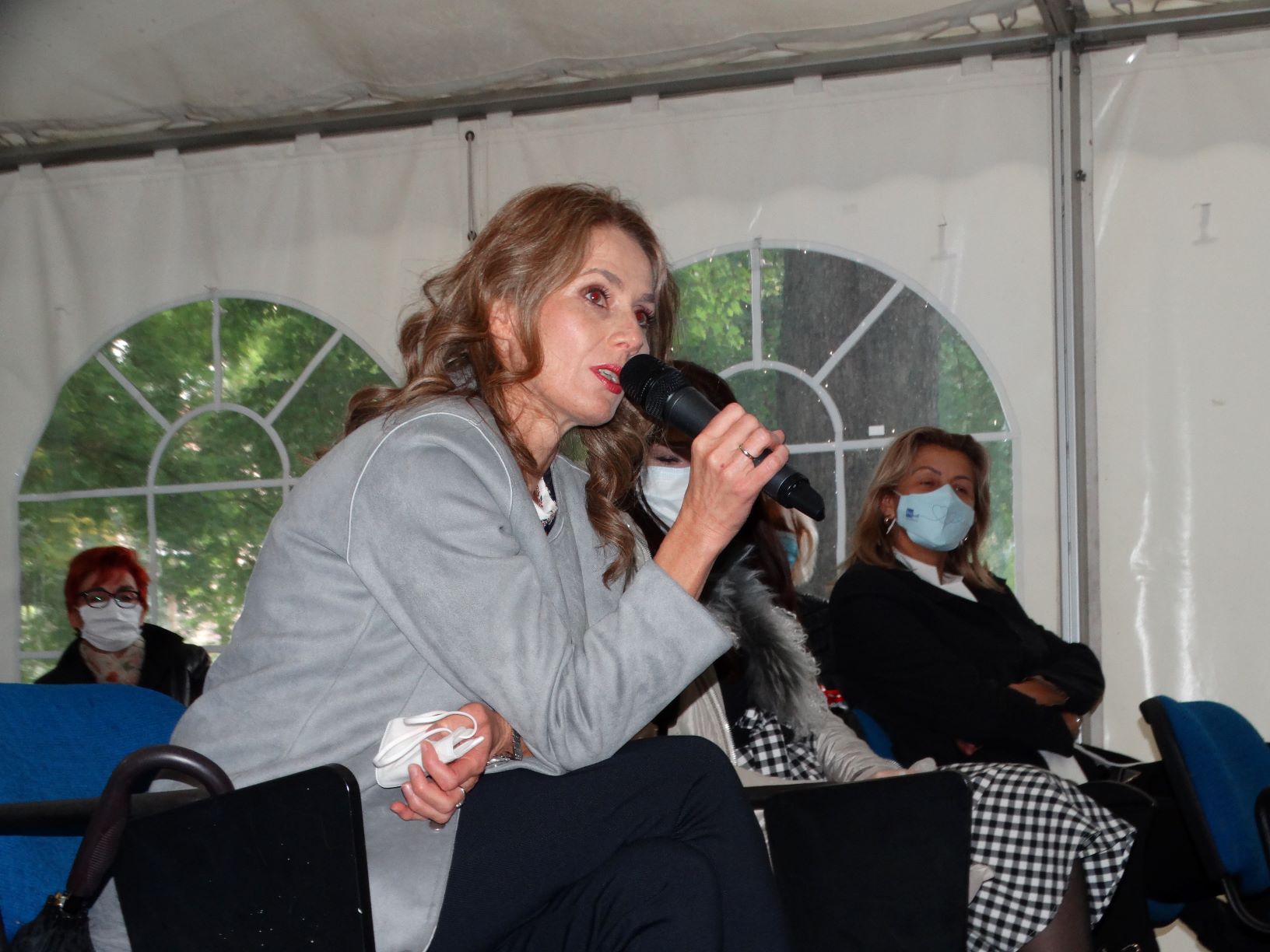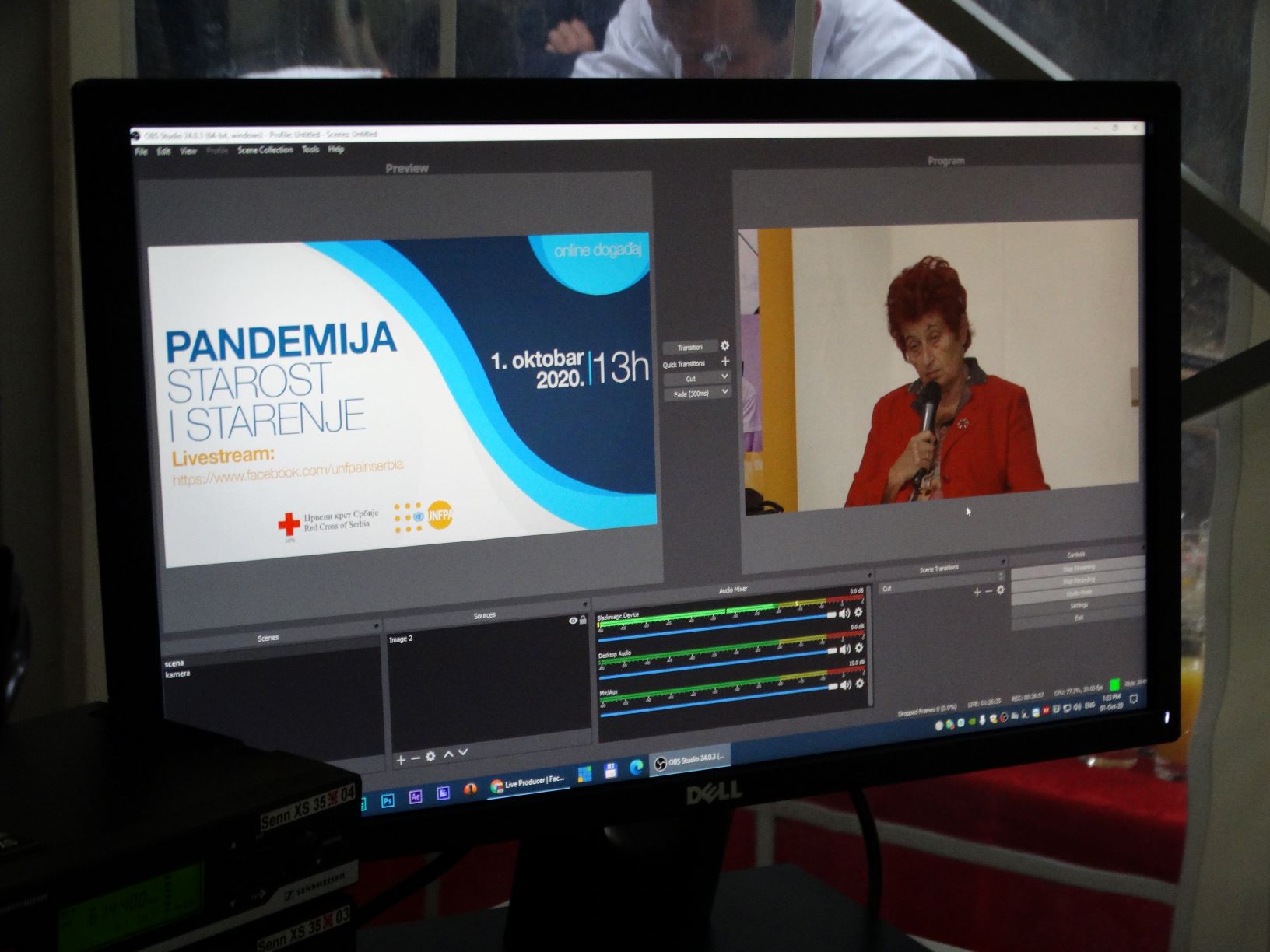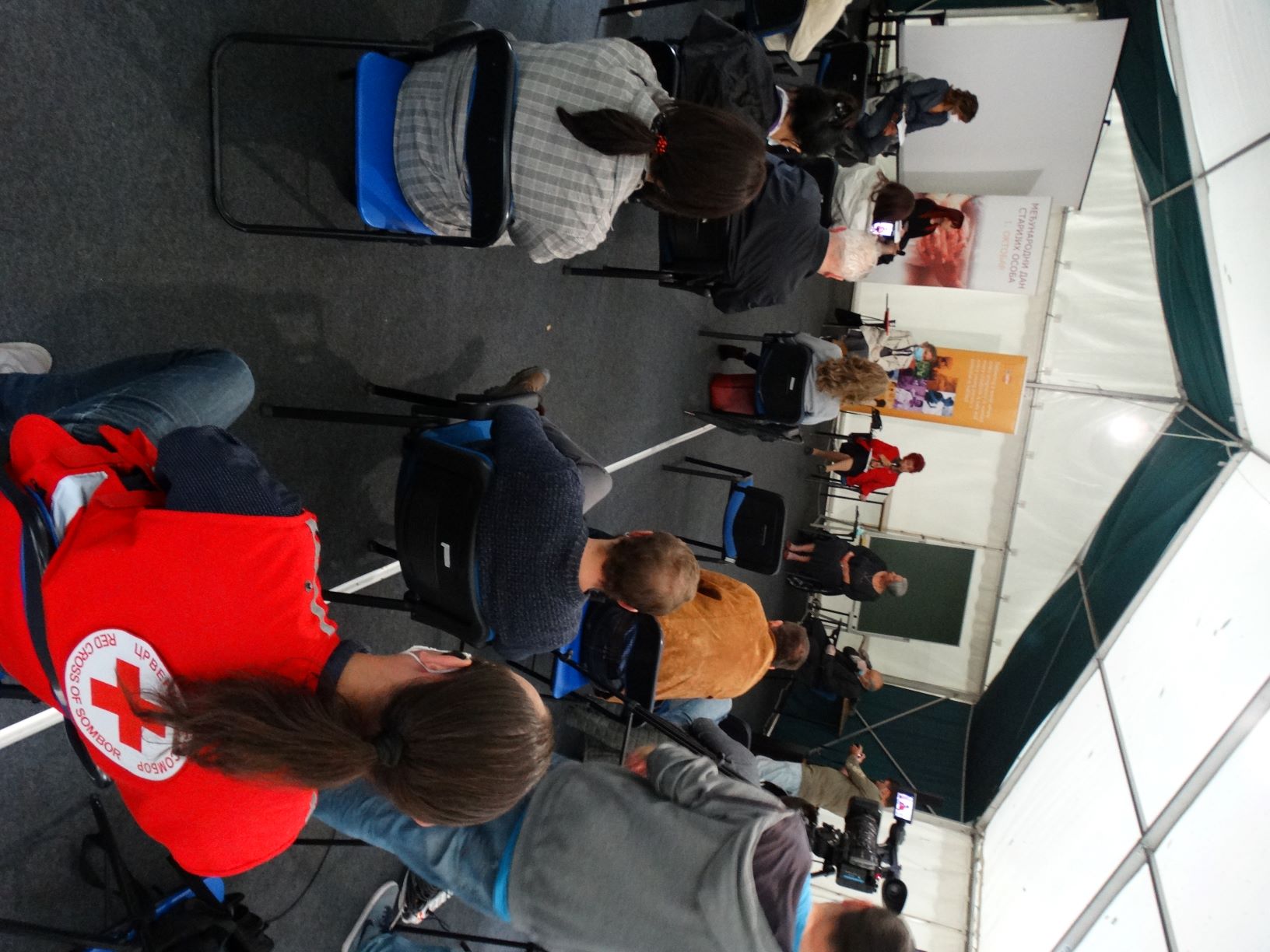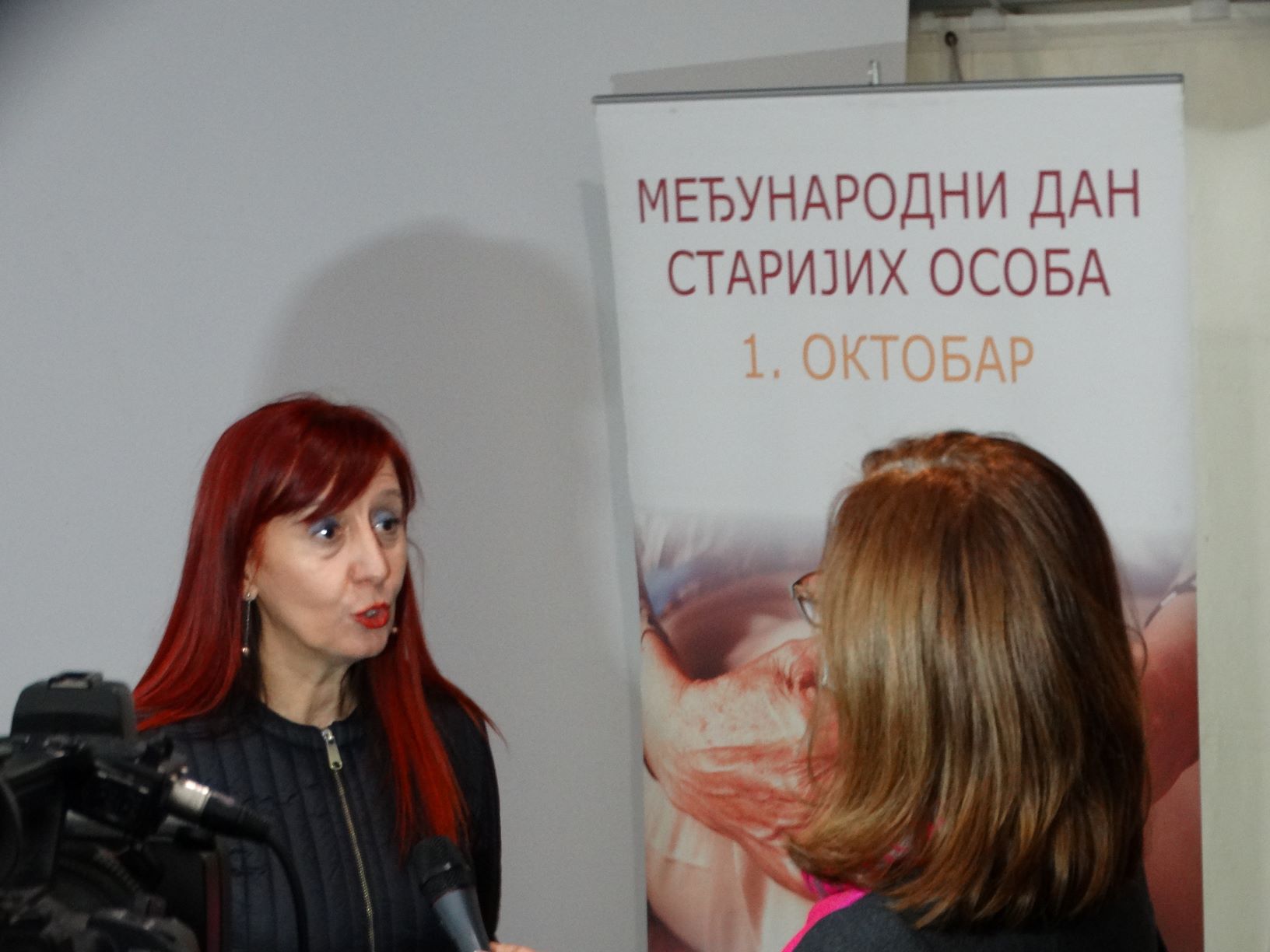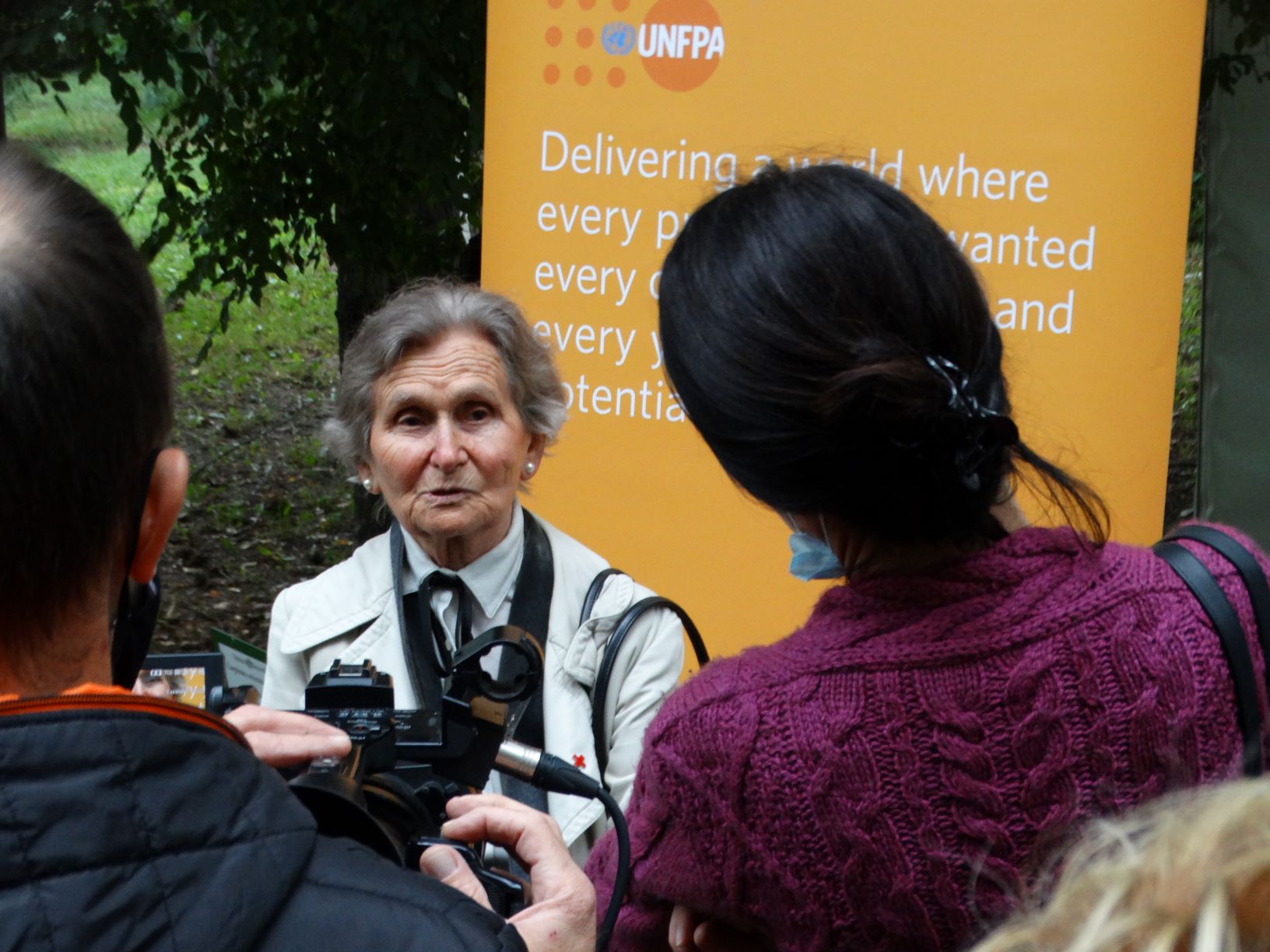Marking the International day of older persons: Panel discussion “Pandemics: Do They Change How We Address Age and Ageing?”
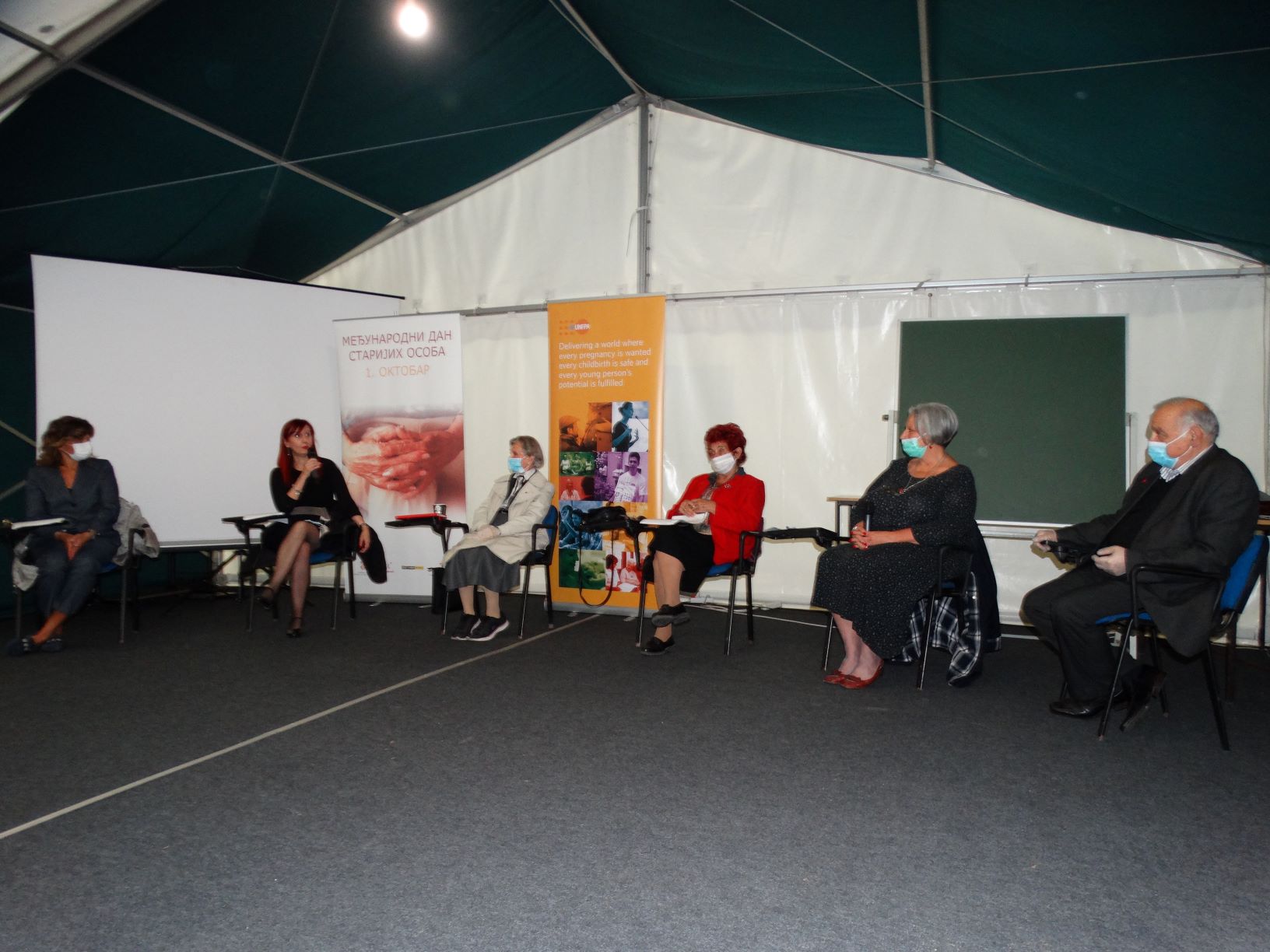
This year’s International day of older persons, 1 October was marked through a panel discussion organised in the Belgrade’s Botanical Garden “Jevremovac” jointly by the Red Cross of Serbia and the United Nations Population Fund (UNFPA) as part of their long standing cooperation.
This was the 30th marking of the 1 October that was on 14 December 1990 established as the International Day of Older Persons by the United Nations General Assembly through its resolution 45/106. The Red Cross of Serbia has been marking this date for more than a decade through different events organised in cooperation with public institutions, civil society organisations and international organisations and agencies. This year’s event was due to the epidemiological situation thematically related to the COVID-19 pandemic and older persons.
The Red Cross of Serbia and UNFPA organised a panel discussion entitled “Pandemics: Do They Change How We Address Age and Ageing?” with participation of older persons from different Serbian towns, each with their specific perspective and views on the topic.
Borka Jeremic of UNFPA opened the event and spoke about the demographic situation and the importance of older persons to the society.
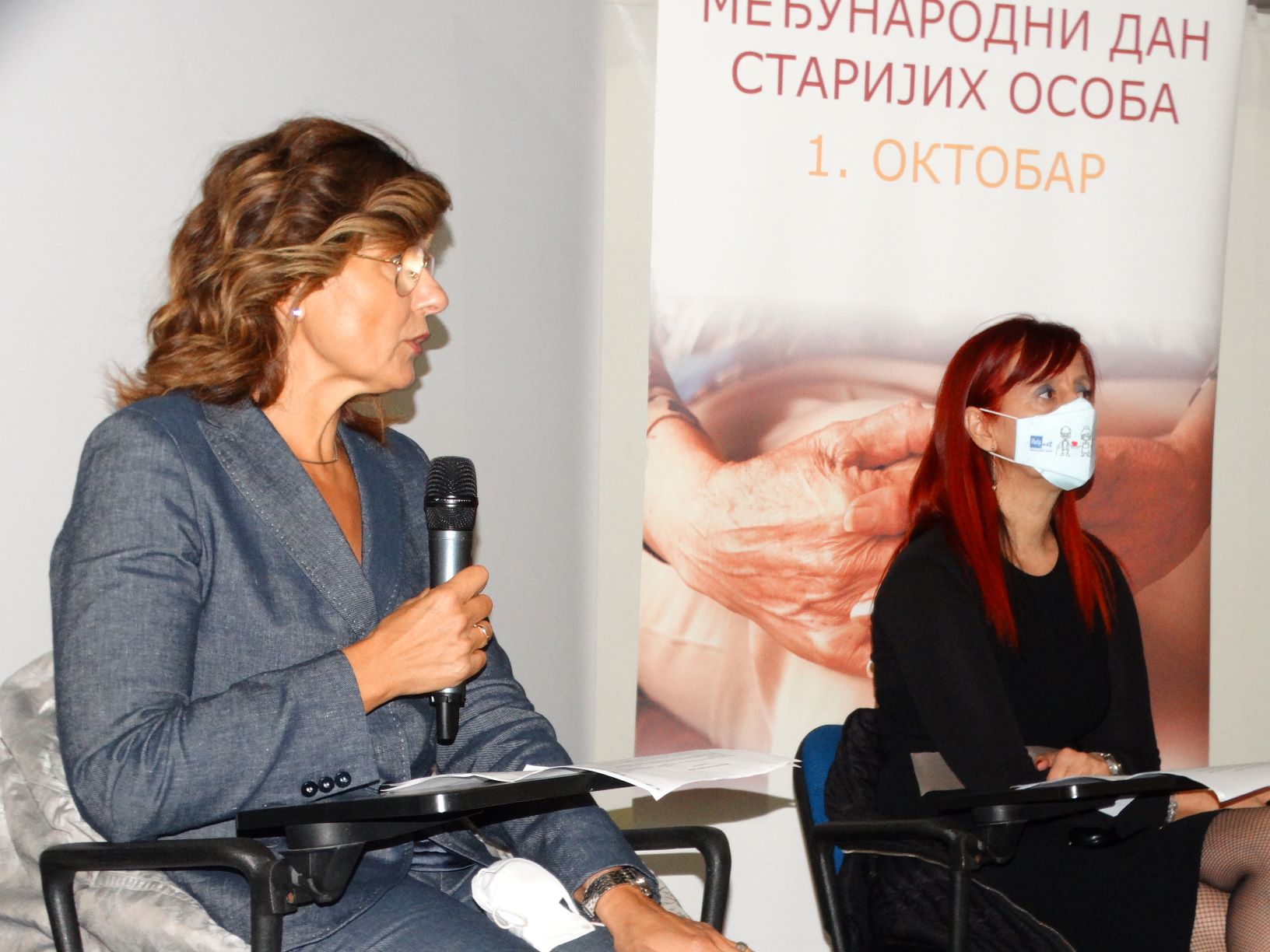
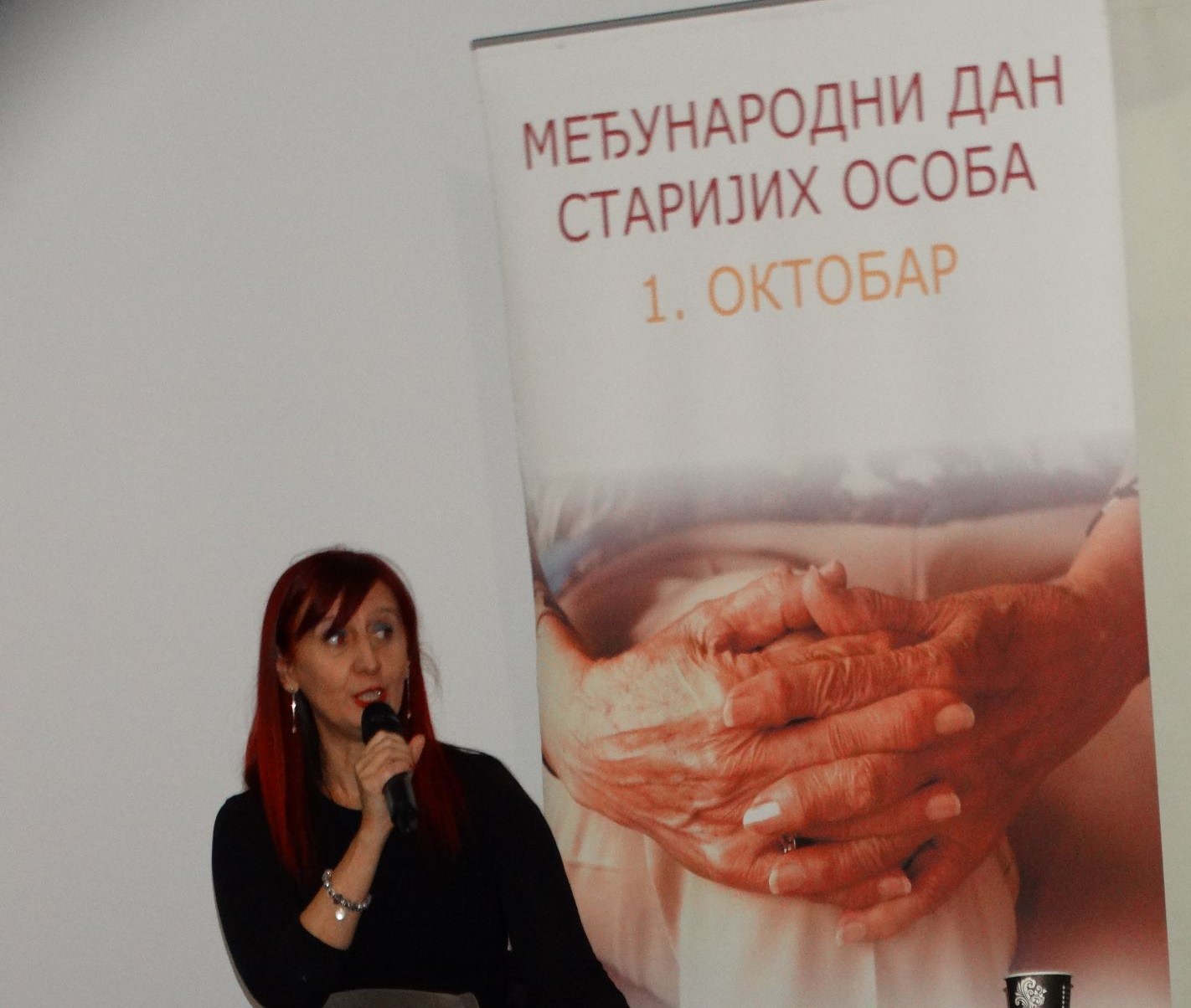
Natasa Todorovic, the Red Cross of Serbia expert moderated the discussion but also presented the UNFPA report “Older persons in the Republic of Serbia and COVID-19 pandemic”. This report looked into the impact of the epidemic itself but also the response measures in the Republic of Serbia on older persons and their quality of life, including an overview of measures, interviews with representatives of decision makers, independent regulatory bodies, health and care professionals, civil society organisations, informal care givers and older persons themselves. The report positions the current pandemic within the context of demographic changes at national and global level and provides recommendations for public policy creators on how to decrease the consequences and impact of future pandemics and other emergencies on older persons as well as better inclusion of older persons in the response. It is necessary to pay attention not to discriminate persons on any basis but since we talk about age here, older age should and must not be an obstacle for older persons to be equal participants in the society. The society should demonstrate solidarity and allow each generation to fulfil its full potential as well as to give its contribution even in emergencies. Exchange of knowledge and experience is the most effective form of combating ageism. On the other hand, volunteering should be built into the foundations of our society and everyone should strive to find a volunteer in themselves.
Danica Smic from Belgrade, a Red Cross volunteer of many decades and still passionately active spoke about volunteering during the pandemic, especially during the state of emergency and movement restrictions for older persons when it was demonstrated that older persons can volunteer continually and efficiently using remote means. Older volunteers adapted to the circumstances and while staying indoors volunteered over the telephone, connecting citizens to institutions and providing psychosocial support to older persons – their peers.
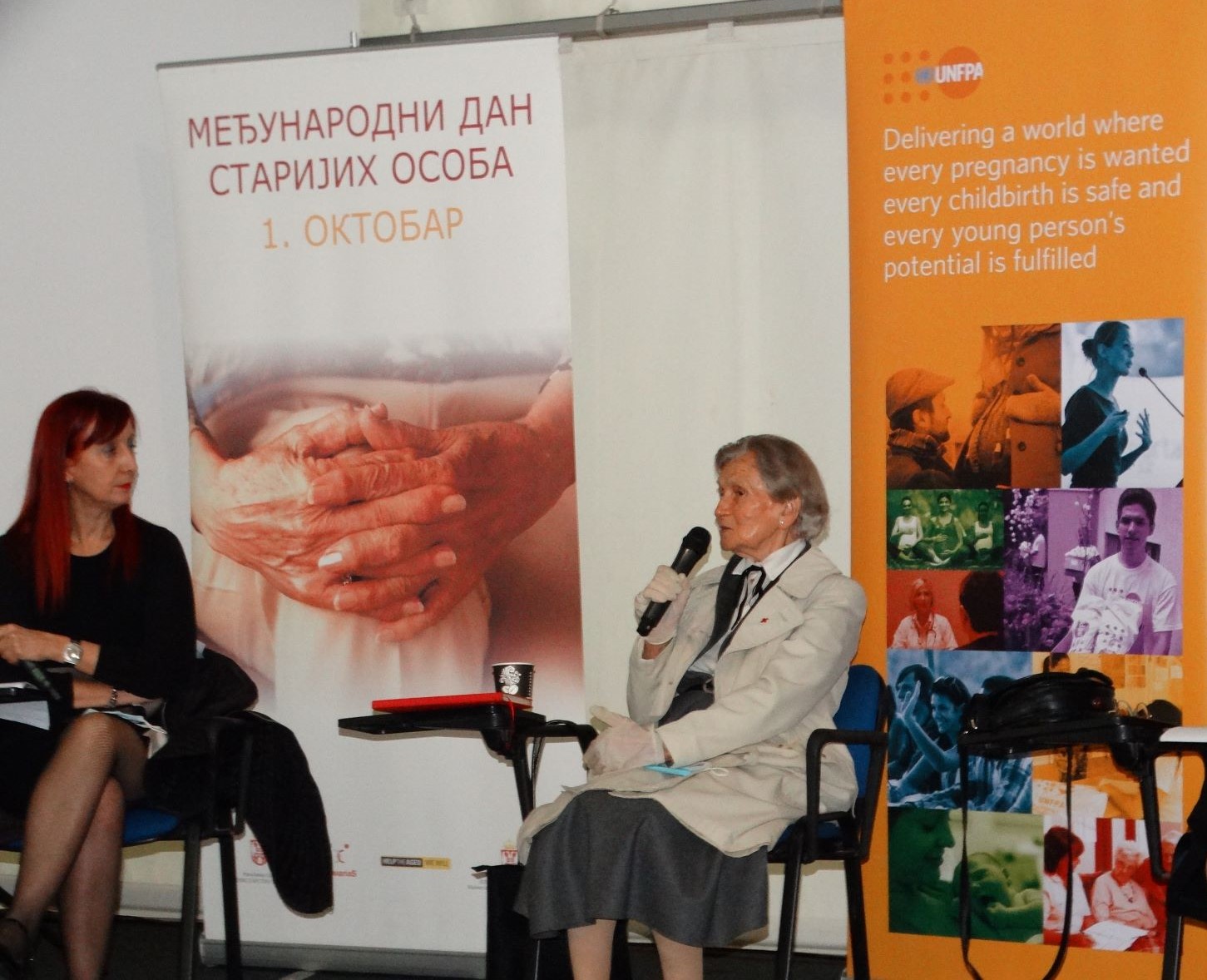
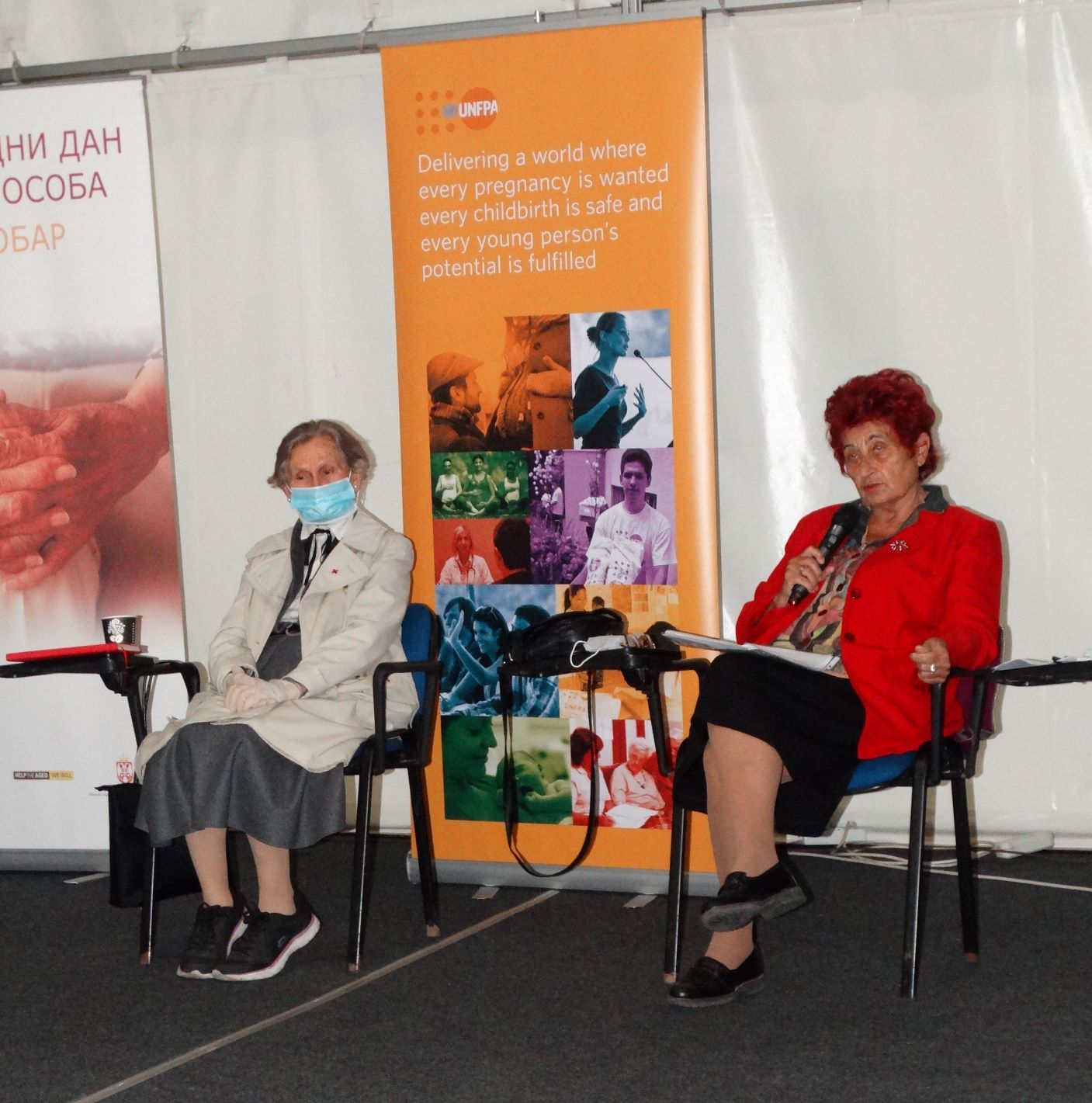
Miroslava Matic from Kragujevac continued discussing digital inclusion of older persons as an important dimension of social inclusion and participation of older persons in public life. Technology may help but it must not prevent someone from participating, older persons should be educated in the way they choose, following their pace. Digital inclusion is also an important element of keeping oneself informed, especially in the pandemic period when reliable and accurate information become harder to distinguish from hearsay and fake news.
Dr Radmila Damjanovic from Krusevac discussed ageism and the pandemic, underlining that after the state of emergency was declared, older persons for the first time became the topic of public discussion. Pandemic brought with itself the fear of the virus and also put us in the spotlight. The older persons were discussed like never before, the ways to help and protect older persons were devised, so to satisfy our needs – we were taken care of without having to exit our homes.
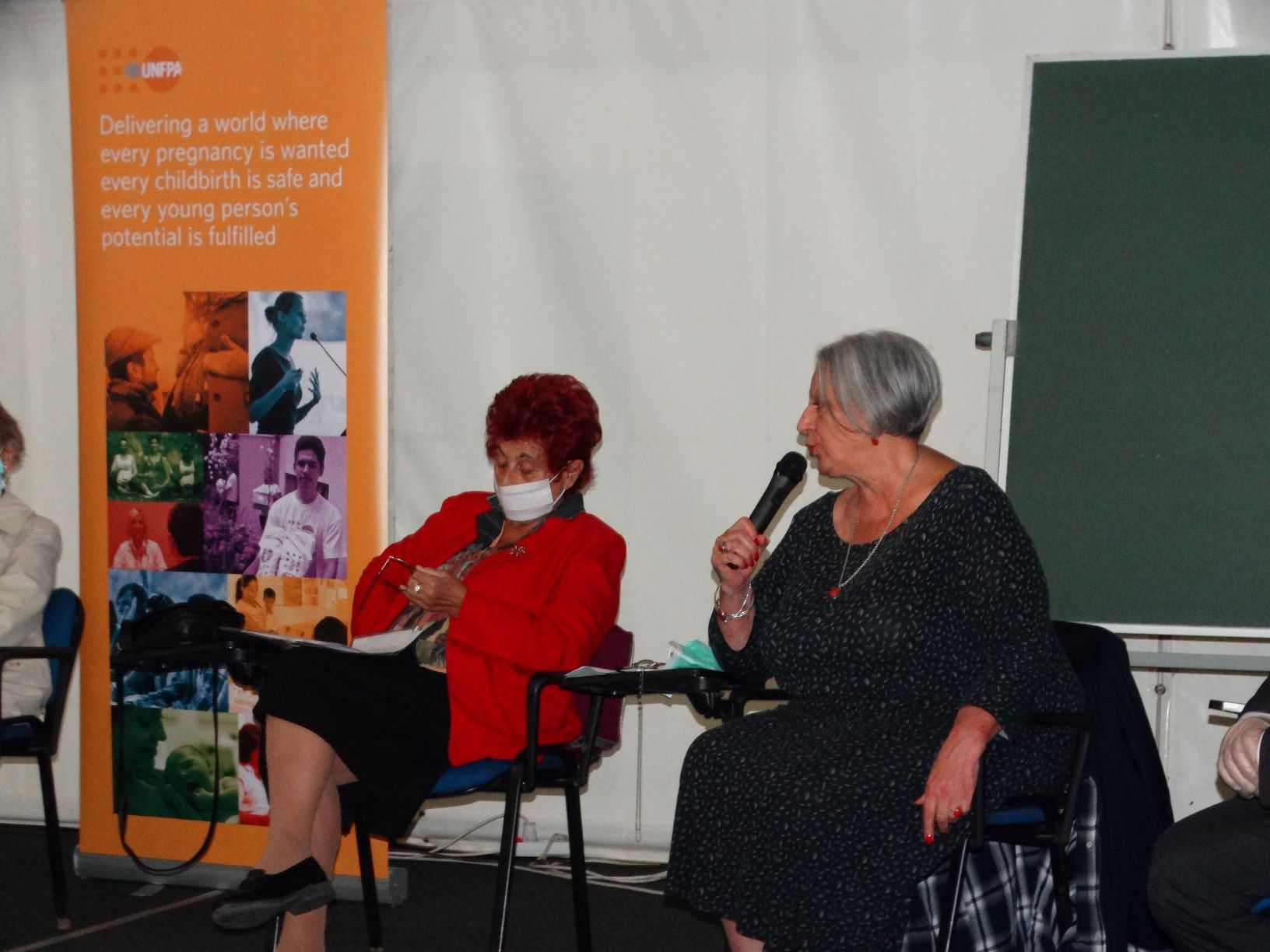
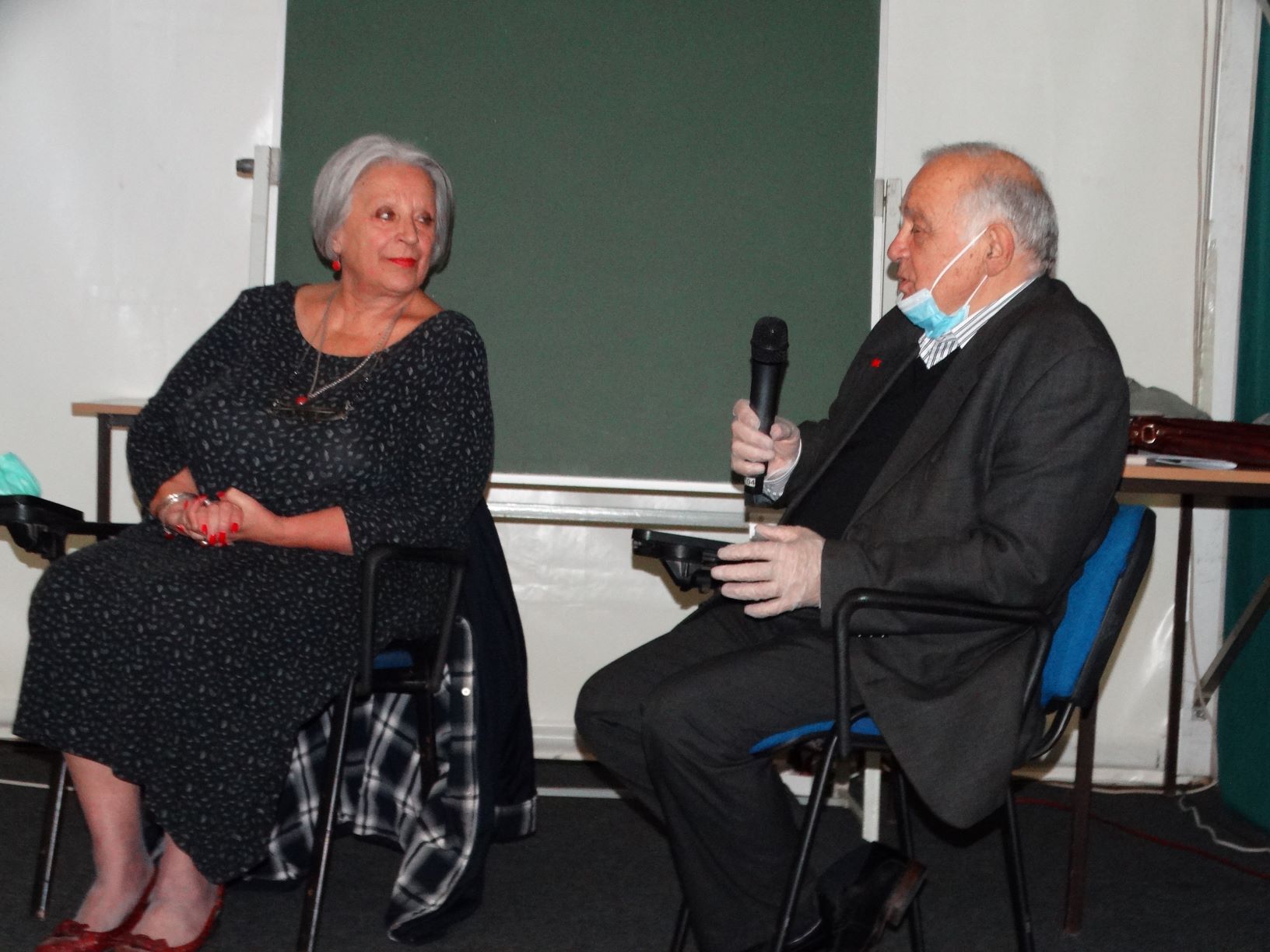
Dr Milan Zobenica from Sombor discussed access to services during the pandemic, showing how the quality of life of older persons was significantly affected considering strict movement restrictions and the continuous needs for different care and support services that they have. When the state of emergency was declared, many older persons were afraid of getting ill or their chronic conditions worsening. Most older persons did report that talking to their chosen physician helped calm them down – the physicians were full of understanding but could only talk over the telephone due to the pandemic. An older lady reported that she could not sleep at night due to fears of her appendix getting ruptured and being unable to go to a hospital. This fear was unfounded as emergencies were treated as a priority and no one in need of urgent medical assistance was left to their own devices regardless of the age.
The panellists emphasised the importance of healthy ageing as an element of the life course in building physical and psychological resilience that were shown to be equally needed during the pandemic.
The event included presence of 30 persons, with the use of all safety measures, it was covered by several media companies and the whole discussion was live-streamed online via the UNFPA Facebook page and the archived stream can be watched here: https://tinyurl.com/yydf9fwj
